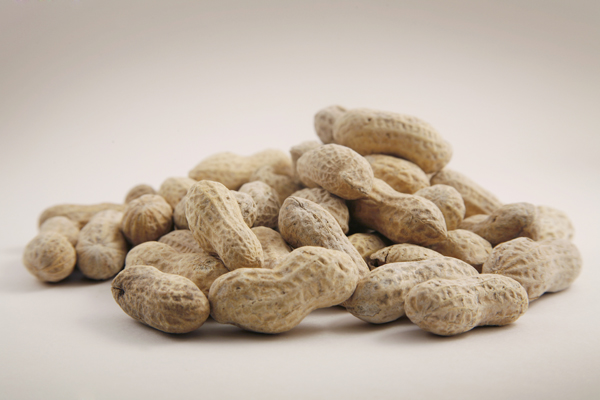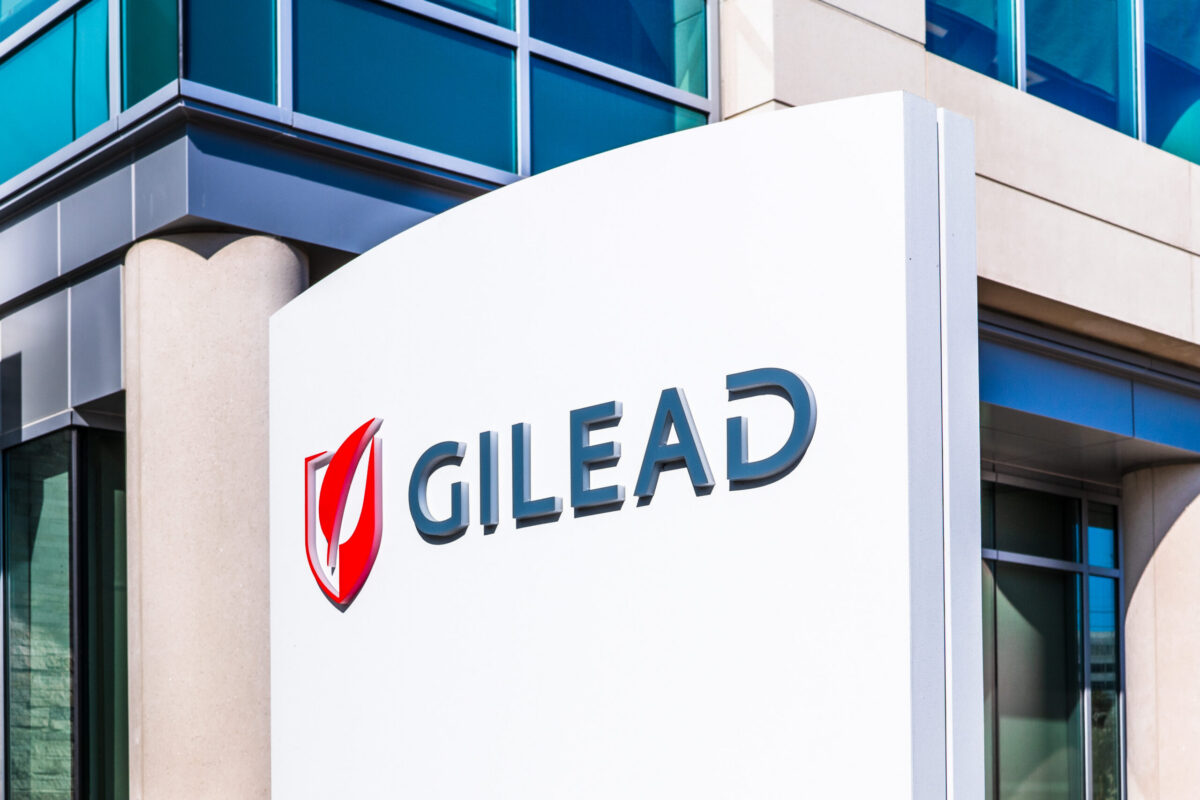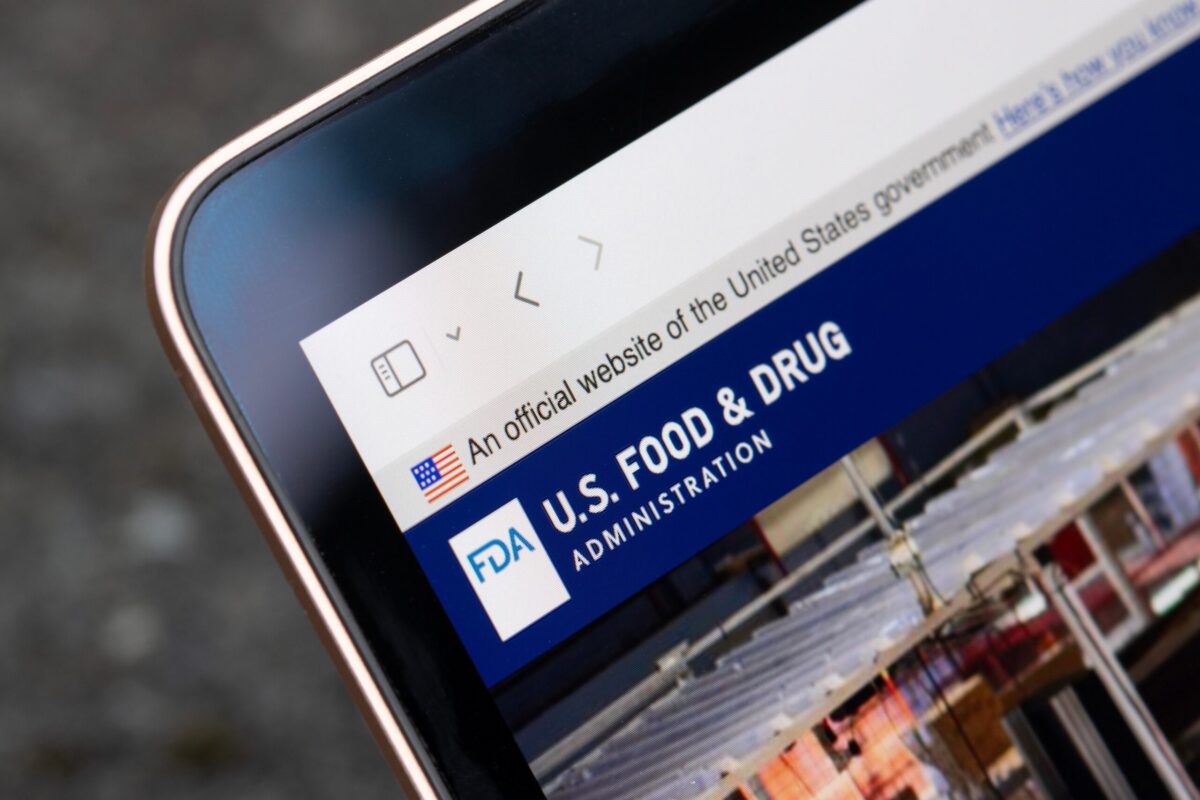DBV Technologies stocks rose by as much as 13 percent after the company released promising Phase IIb clinical trial data, for its peanut allergy therapy. The results of the trial found that treating children with the drug – Viaskin Peanut – for an extra year following the initial study, increased the number of participants that benefitted from the treatment.
The trial included 21 children who were between the ages of 6 and 11 at the beginning of the Phase IIb trial. These children were enrolled in the open-label extension study, the goal of which was to test the effectiveness of Viaskin Peanut over a longer period of time.
Eighty percent of the trial participants who received an extra year of treatment with the experimental immunotherapy drug, were able to tolerate 1,000 mg of peanut protein – a 10-fold increase in tolerance to the allergen. An additional year of treatment with 250 µg of Viaskin Peanut caused a 23 percent increase in the proportion of children who could consume peanut products.
Following two years on the peanut allergy treatment, the mean cumulative dose of peanut protein that elicited a reaction, increased by 76 percent to 1,884 mg. DBV Technologies are now looking at continuing the trial into a third year, to determine whether an extended dose period may further improve outcomes.
DBV Chief Operating Officer David Schilansky told Bloomberg, “We already know that we have a product that can protect patients after one year and that is absolutely safe. Now we’re showing efficacy increases after two years, and after three years, we could see a lasting effect.”
The company has also followed-up with one teenage trial participant, who is still displaying peanut tolerance even 1 year after completion of the study. Even more interestingly, about 50 percent of the children who were in the placebo group in the original study, and enrolled in the follow-up trial, showed an improvement in peanut tolerance after 12 months of treatment.
This result further substantiated the efficacy data collected during the first arm of the study. If Viaskin Peanut can produce a lasting effect, it may have an advantage over its main competitor, Aimmune Therapeutics. It should be noted however, that both allergy drug developers must conduct a number of other safety and efficacy trials before the treatments will be approved by the FDA.
Following the positive results from initial studies, DBV plans to commence a Phase III trial – involving 260 participants – before the end of 2015. As shares of DVB have risen over 50 percent this year alone, both investors and healthcare providers will be closely following the progress of the next clinical trial. According to James Baker, CEO of the Food Allergy Research & Education patient organization, “If [the results are] confirmed in DBV’s Phase III trial, Viaskin could be a breakthrough therapy for young children with peanut allergy.”
Sources:
- DBV shares tick up on long-term data from PhIII-ready peanut allergy drug – http://www.fiercebiotech.com/story/dbv-shares-tick-long-term-data-phiii-ready-peanut-allergy-drug/2015-10-07












Join or login to leave a comment
JOIN LOGIN